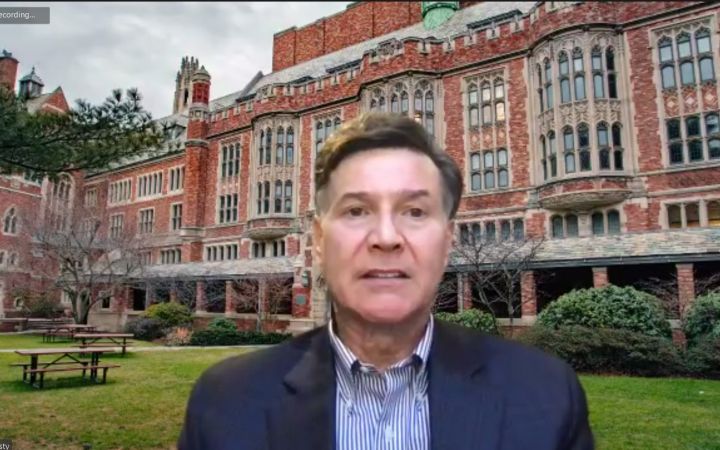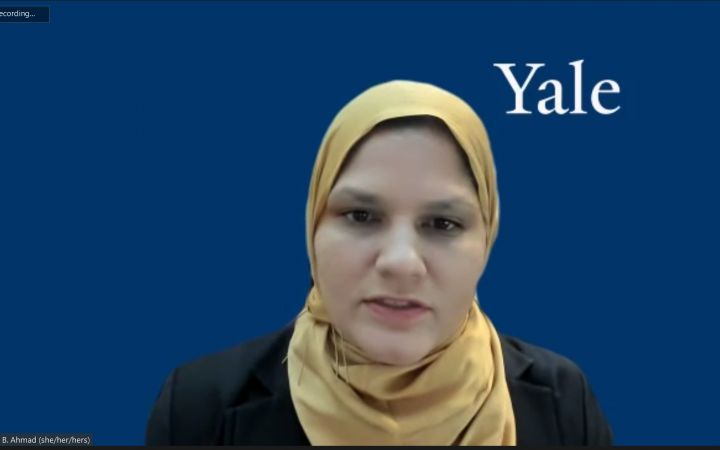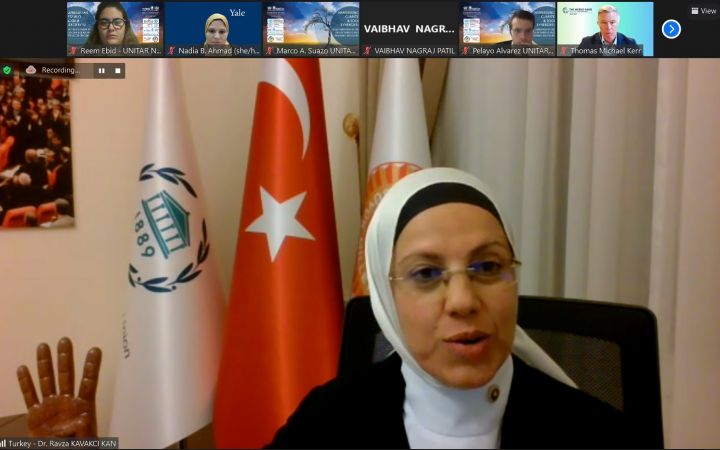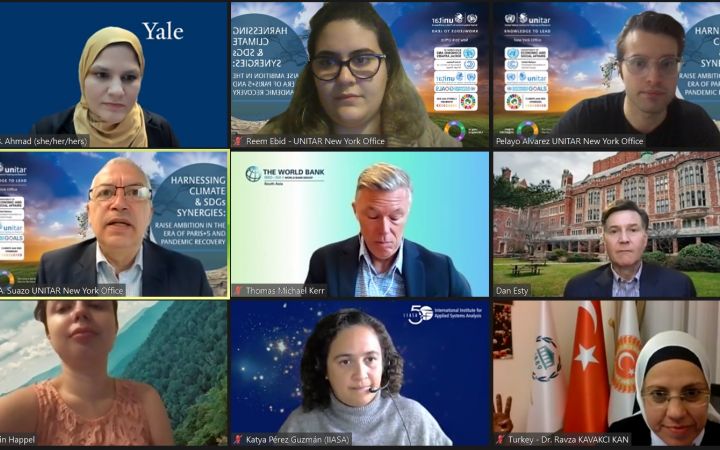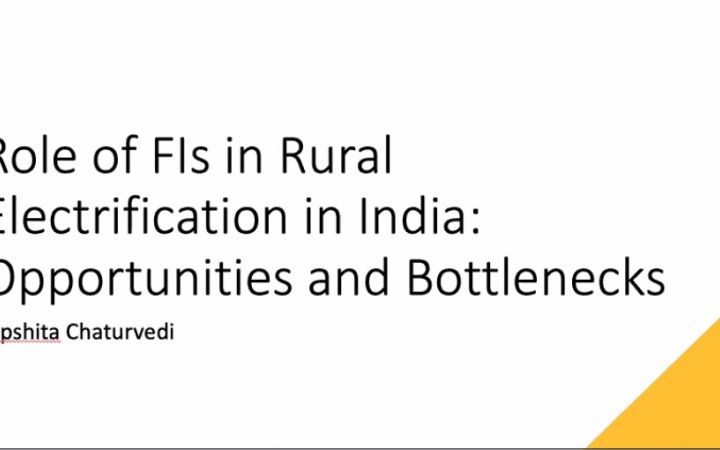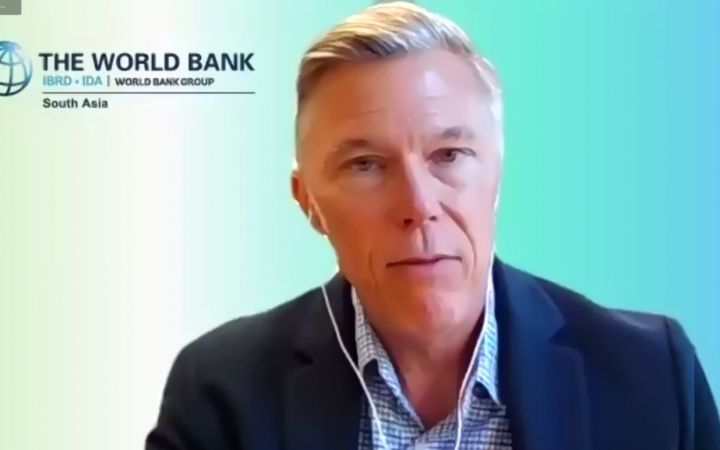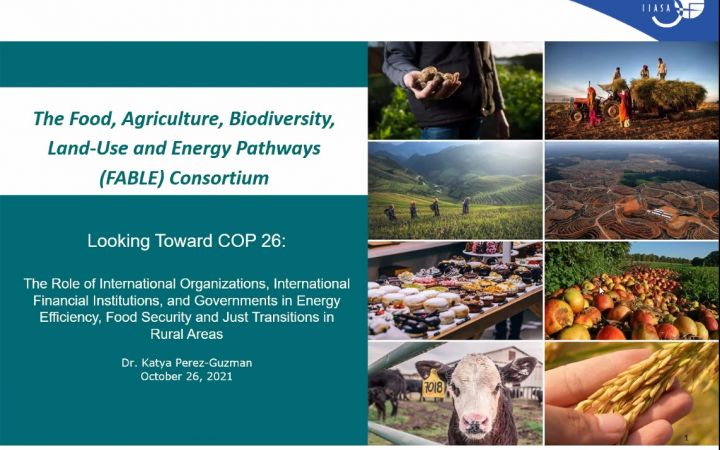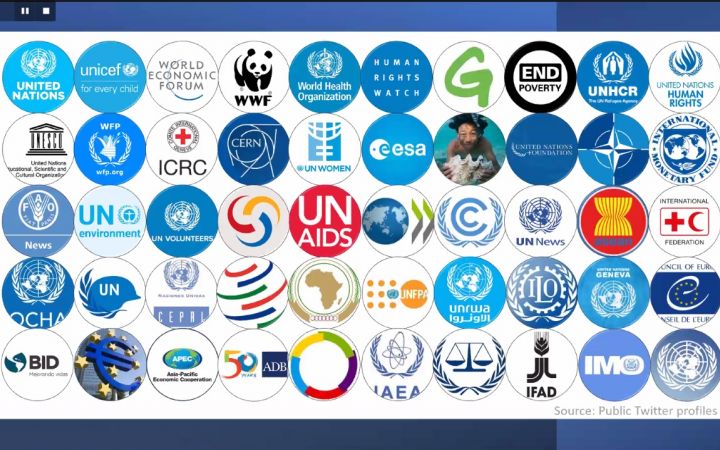New York, USA. The second session supported by United Nations for Training and Research, New York office, in collaboration with Yale Center for Environmental Law & Policy discussing part 2 of Looking Towards COP 26: The Role of International Organizations, International Financial Institutions and Governments in Energy Efficiency, Food Security and Just Transition in Rural Areas. The course was attended by approximately 90 participants were it focused on the importance of reaching clean energy and having zero carbon gas emission to overcome the climate change crisis.
H.E Ambassador Marco A. Suazo welcomed the participants and thanking panelists for sharing their knowledge and experience. He shared his appreciation for such a successful course and how crucial it is to address the climate change crisis. Mr. Suazo then introduced Mr. Daniel Esty, Hillhouse Professor of Environmental Law and Policy, School of the Environment; Clinical Professor of Environmental Law & Policy, Yale Law School.
Mr. Esty began his session talking about the energy sector specifically electrification. He mentioned that there is sufficient information about reaching clean energy and how they UN system is putting it out there for countries to have path ways of having zero net carbon gas emissions. Mr. Esty talked about how change is not easy and it is a long path to reach a clean, zero carbon gas emission which is why we must always have a transition strategy to those who are affected by that change. Ms. Nadia Ahmad, Visiting Associate Professor, Yale Law School; Associate Professor of Law, Barry University, took over the floor where she discussed the idea of international organizations, specifically focusing on International Renewable Energy Agency (IRENA). She mentioned the importance and need for international collaboration. Ms. Ahmad explained what IRENA is, what it focuses on, its purpose is reaching a clean energy future, plan to stabilize climate system and reduce greenhouse gas emission.
Ms. Ahmad then yields the floor to Dr. Razva Kavakci Kan, Member of Parliament, President of Turkish Inter-Parlimentary Group. Dr. Kan discussed the challenges Turkey faced during the COVID-19 pandemic and how they are overcoming such challenges. She mentioned Turkey's agenda and accomplishments on its plan to reach zero carbon gas emission. Dr. Kan discussed how the Turkish government is encouraging private organizations to be energy efficient.
Dr. Katya Perez Guzman, Research Scholar, International Institute for Applied Systems Analysis Ecosystems Services and Management Program, took over discussing Food, Agriculture, Biodiversity, Land-Use and Energy Pathways also known as FABLE. She explained what it does to reach a more sustainable pathway and its purpose along with the analysis of national policy options and support to national and international policy processes.
Ms. Ahmad then introduced Ms. Ipshita Chaturvedi, Partner, Dentons Rodyk. Ms. Chaturvedi talked specifically about the role of financial institutions in rural electrification in India. She shared her experience living in a village during the COVID-19 pandemic. She explained the importance for financial institutions in investing in data systems to have an accurate data base to follow up on for improvements.
Mr. Thomas Kerr, Principal Climate Policy Officer, IFC, Climate Change Group, started by giving a brief update from the World Bank strategic research and development climate change action plan. He discussed the transition of key systems in agriculture and food system around the world to be resilient and mitigating to climate change, while providing examples of South-East Asia. Ms. Erum Sattar, Sustainable Water Management Program Lead, Institute of Environment, Friedman School of Nutrition Science and Policy, Tufts University, supported Mr. Kerr by adding to the discussion of the concept of reducing deforestation. She mentioned the importance of matching local returns with global gains.
Ms. Milagros (Millie) Mutsios, LL.M Candidate at Yale Law School; Researcher, Administrative Group at Pontificia Universidad Catolica del Peru, then took over the floor discussing energy efficiency in Latin America. She talked about regulations that help implement energy efficiency in Latin America, institutions in setting strategies to reach energy efficiency and having an incentive programme by governments to encourage organizations to be energy efficient. Ms. Mutsios supported her words using the example of Peru.
Ms. Robin Happel, Law, Ethics & Animals Program (LEAP) student fellow; Masters Candidate, Yale School of the Environment; J.D. Candidate, Haub School of Law, Pace University, provided her experience in her home region the Appalachian forest where people do not have electricity and this affects families in most simple ways like not having access their studies at night. She also discussed some NGOs and what they make to help such situations. Mr. Anthony Tohmé, J.D. Candidate, Yale Law School, supported Ms. Happels words while adding the issues of un-sustainable resource extractions. He provided some examples of countries that use resource extractions to sell the western countries. Ms. Helia Bidad, Law, Ethics & Animals Program (LEAP) student fellow; J.D. Candidate, Yale Law School, took over explaining what biofuels and how they can be used as an ideal energy for clean energy. She mentioned the importance of multilateral cooperation and the need of more international cooperation. Ending part 2 of Looking Towards COP 26 with an interactive Q&A session between panelists and participants

